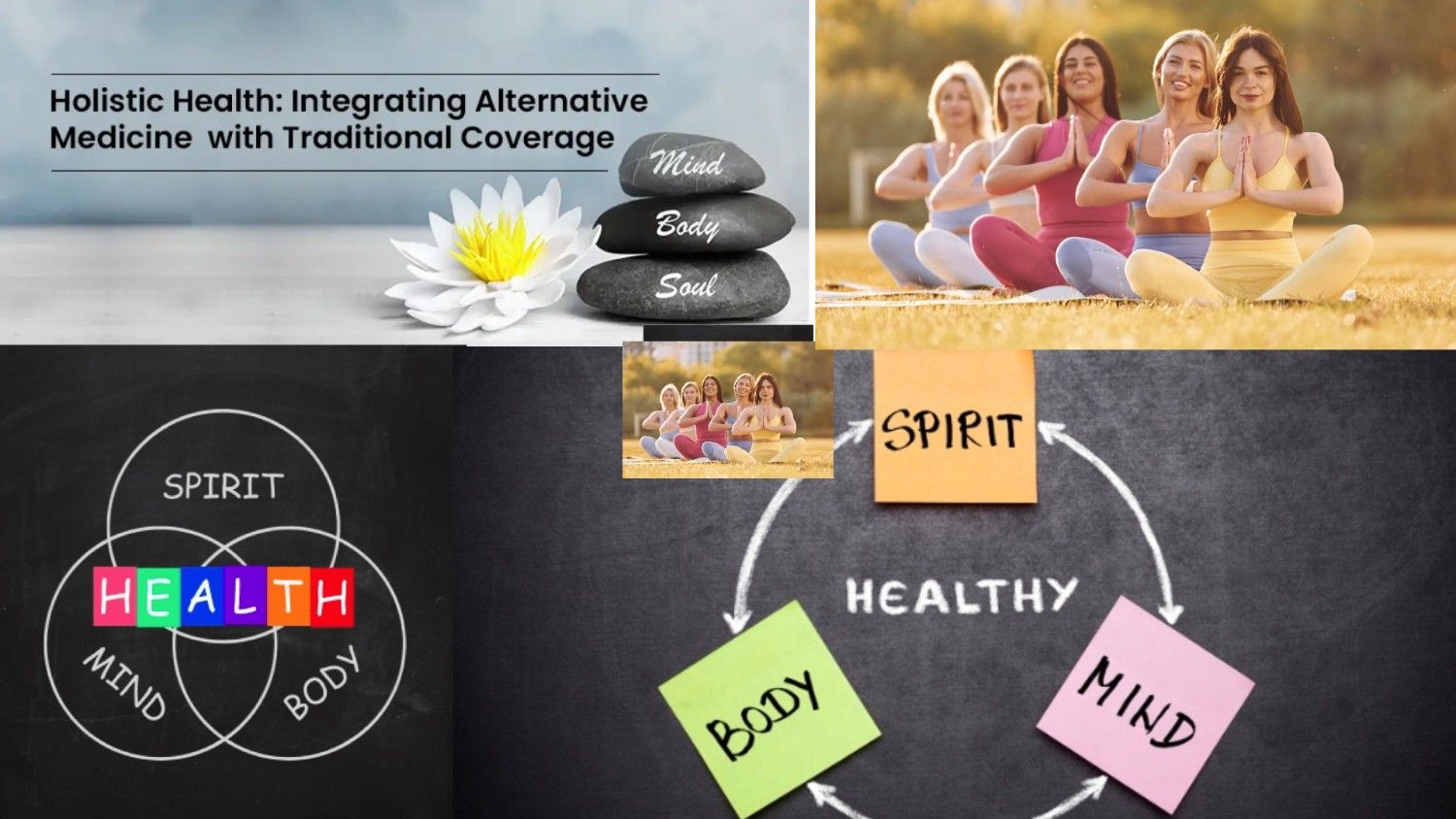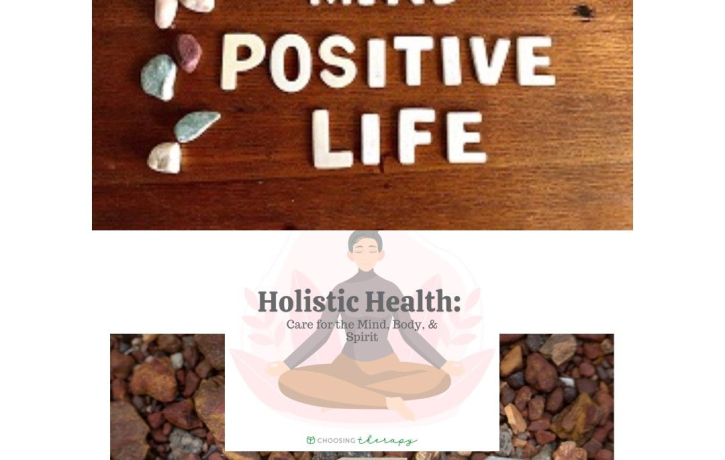- 1 What is holistic health?
- 2 Core Principles of Holistic Health
- 3 Perks of Holistic Care of Health
- 4 Integration of the Mind: Mental and Emotional Well-being
- 5 Body Care: Healthy Living
- 6 Caring for the Spirit: Spiritual Wellness
- 7 Holistic Health in Daily Life
- 8 Community Influence on Holistic Health
- 9 Holistic Health at Every Age
- 10 Overcoming Barriers to Holistic Health
- 11 Conclusion

Today, especially in this fast-paced world, people have attempted to have a balanced and meaningful life. Holistic health is one of them, which, in its approach to wellness, does not confine oneself to just treating the symptoms but looks into the integration of the mind, body, and spirit. By taking care of all these, holistic health hopes to gain total well-being, making the person best in everything.
This guide encompasses all the principles of holistic health, its benefits, and actionable steps that can be taken to incorporate it into one’s daily routine.
What is holistic health?
Holistic health is an approach to well-being that recognizes the interrelations between the mind, body, and spirit. Unlike conventional medicine, which usually tries to target specific conditions, holistic health focuses on the treatment of the whole person.
The core features of holistic health include;
- Tackling mental and emotional wellness.
- The health of the body is emphasized by exercise and nutrition.
- Spiritual practices lead to inner peace and purpose to develop.
Core Principles of Holistic Health
The holistic health model is based on some core principles:
- Interconnectedness: The mind, body, and spirit are interdependent and imbalances in one may impact the others
- Prevention Over Cure: Lifestyle changes and preventive care to avoid illness
- Individualized Care: No two persons’ paths are alike for wellness.
- Self-Healing: encouraging personal responsibility for your health.
Perks of Holistic Care of Health
A holistic approach towards health has many significant benefits concerning the overall quality of your life:
a) Sharper Mind
Practising mindfulness and meditation are some of the holistic activities that reduce stress, clear the mind, and help stabilize your emotions.
b) Healthy Body
A balanced diet, regular exercise, and proper rest are the bases of good physical health.
c) Spiritual Development
Holistic health inspires spiritual practices that give a sense of meaning and belonging.
d) Long-Term Wellness
Holistic healing deals with problems at the root level, instead of attacking the symptoms, for long-term wellness.
Integration of the Mind: Mental and Emotional Well-being
The mind is also integrated into holistic health. Here’s how you can care for your mental and emotional well-being:
a) Practice Mindfulness
Mindfulness, the art of being present in the moment, can also serve to dissipate anxiety and provide crystal-clear mental focus.
b) Therapeutic Techniques
Counselling, journaling, and other techniques may be employed to work through feelings and move forward toward recovery and mental wellness.
c) Positive Affirmations
Being a positive thinker can shift one’s perspective and thus enhance emotional strength.
Body Care: Healthy Living
Health is the building block of a holistic life. Taking care of the body includes:
a) Balanced Nutrition
Feed your body a diet rich in fruits, vegetables, whole grains, and lean proteins.
b) Exercise
Exercise by engaging in activities you love, such as swimming, walking, or practicing yoga.
c) Adequate Sleep
Rest and wellness are optimal with much rest. Get 7 to 9 hours per night.
d) Natural Healing
Supplement your healing with alternative medicines like acupuncture or herbal remedies that help your body function.
Caring for the Spirit: Spiritual Wellness
Spiritual holistic health enhances inner peace and purpose. Practices that help the nurturing of your spirit include:
a) Meditation and Prayer
Make time for reflection, meditation, or prayer to connect with a deeper part of yourself or a higher power.
b) Cultivate Gratitude
Gratitude creates a positive outlook in life as well as in spiritual living.
c) Nature Connection
Spend time in the sun to reinvigorate the soul, bringing one closer to the universe.
Holistic Health in Daily Life
To incorporate holistic health into your daily lifestyle, try the following:
- Mindful Morning: Start by meditating or deep breathing.
- Continue to be Active: Be active every day. You need to go to the gym; a short walk from your office is ok.
- Nutrition: Receptivity for healthy meals that feed both your body and soul.
- Evening Routine: Staying busy before bed with healthy relaxing activities.
Community Influence on Holistic Health
Building a positive relationship with others is a good part of well-being. Establish your support group or community, such as attending yoga classes, hosting spiritual gatherings, or wellness workshops.
Holistic Health at Every Age
a) Kids and Teens
Educate children about mindfulness and healthy behaviours from an early age to establish lifelong healthy habits.
b) Adults
Holistic health practices help adults adopt cutting-edge stress factors, optimize productivity, and achieve balance.
c) Seniors
Gentle exercises, proper nutrition, and spiritual activities can support ageing gracefully.
Overcoming Barriers to Holistic Health
While the benefits are vast, challenges may arise:
- Time Constraints: Start small by incorporating one practice at a time.
- Scepticism: Educate yourself about the evidence behind holistic approaches.
- Consistency: Build habits gradually to ensure long-term commitment.
Conclusion
Holistic health is not just a trend but a balanced way of living that brings about harmony and complete well-being. It is a way of integrating activities that nourish your mind, body, and spirit to move toward a greater connection not only with yourself but also with the whole world.






